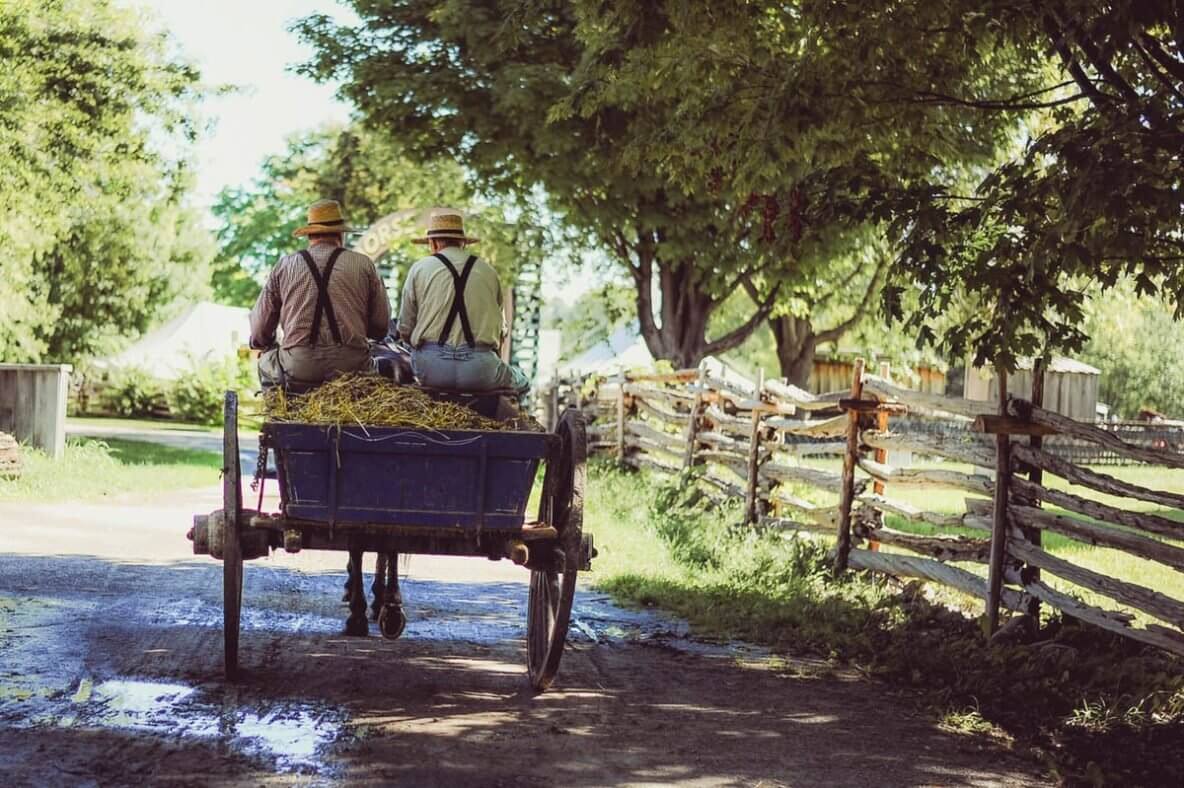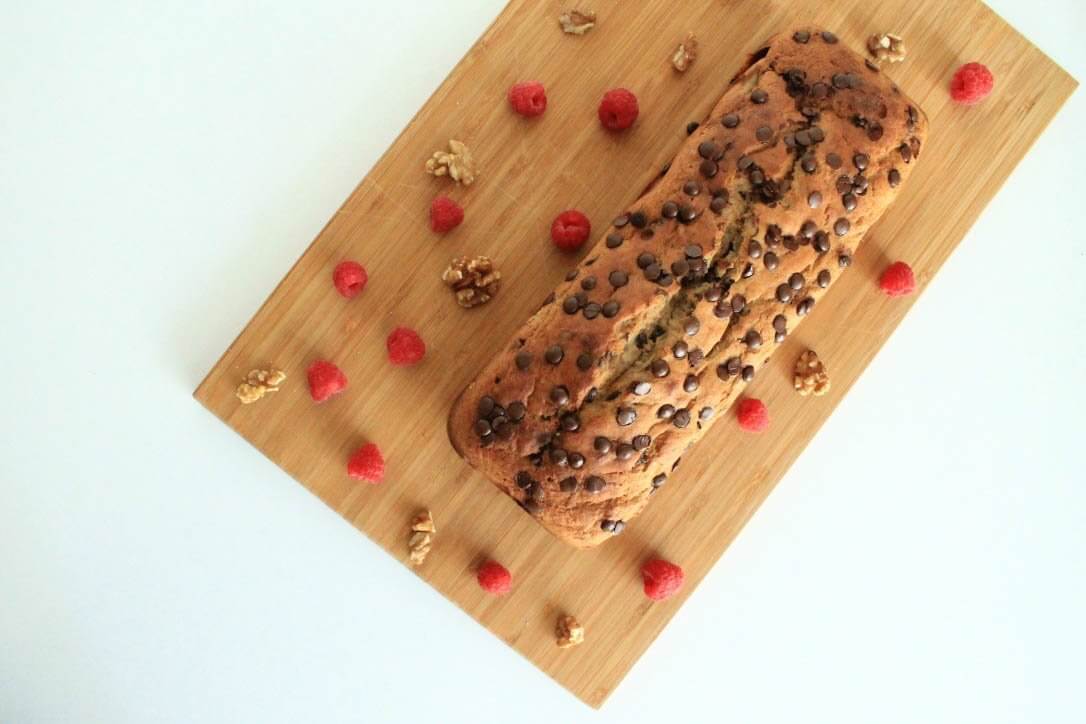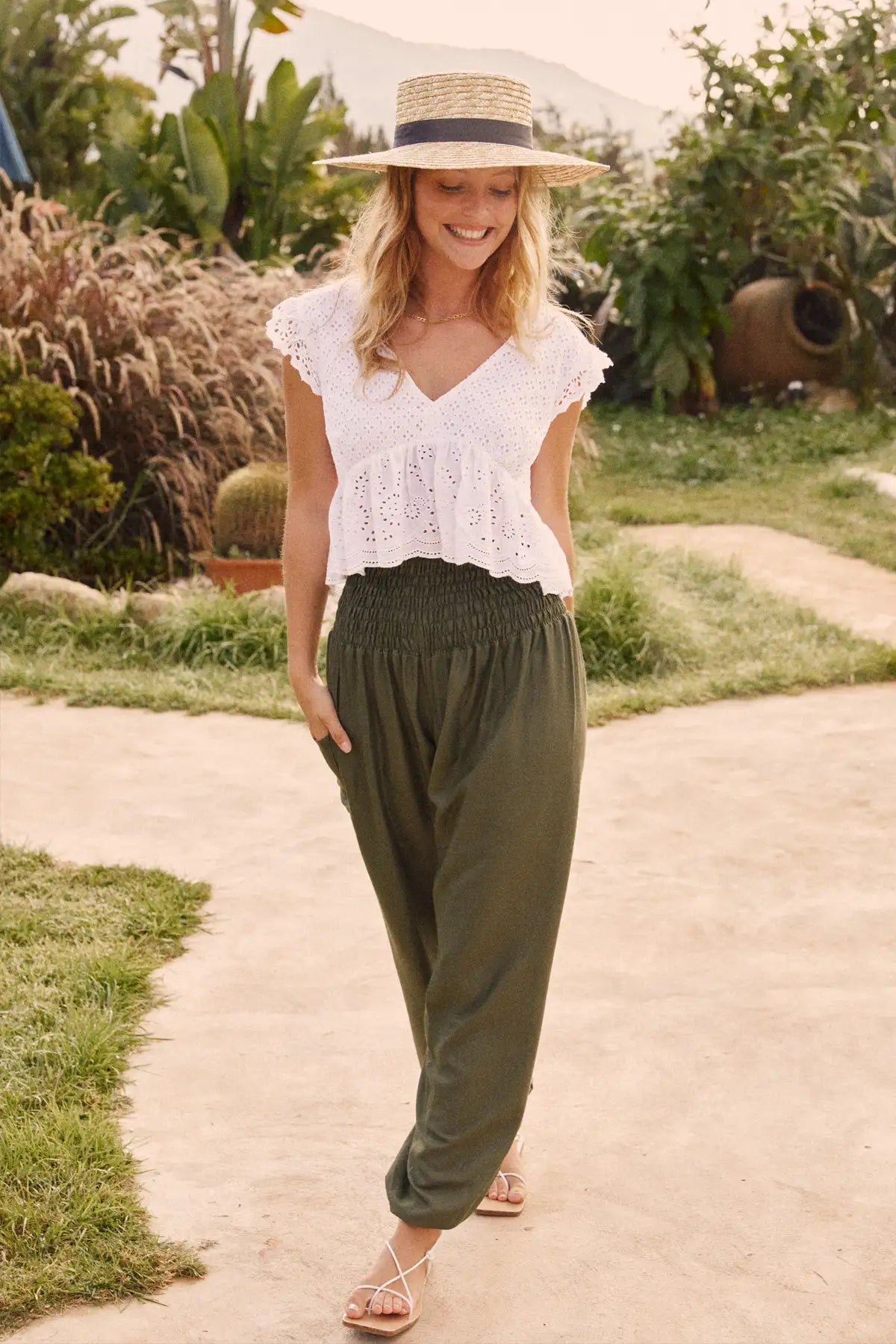
Inhaltsverzeichnis
6 Nachhaltigkeits-Tipps, die wir uns von unseren Großeltern abschauen können
Der Alltag unserer Groß- und Urgroßeltern unterschied sich wohl sehr von unserem heutigen. Ganz zu Schweigen von Wirtschaftskrisen und Weltkriegen, lebten sie einfach in einer anderen Zeit. In vielen ländlichen Gebieten waren fließend Wasser und Elektrizität nicht selbstverständlich, und Kühlschränke oder Autos galten als Luxusgegenstände.
Sie hatten nicht die Möglichkeit, mal eben ein ein Gericht in der Mikrowelle warm zu machen oder Google Maps nach dem Weg zu fragen. Einige moderne Erfindungen und Errungenschaften sind großartig, und in vielen Lebensbereichen haben wir es heute mit Sicherheit viel leichter und unkomplizierter. Trotzdem können wir eine Menge von den älteren Generationen lernen, gerade wenn es darum geht, wie wir heutzutage nachhaltig leben können.
Deswegen kommen hier ein paar Dinge, die unsere Großeltern und Urgroßeltern getan haben, um ein simpleres Leben zu führen – das übrigens oft auch umweltfreundlicher war.
1. Selbst kochen und zuhause Essen
Mittlerweile ist es für viele normal geworden, auswärts essen zu gehen. Vor allem in großen Städten ist es zur Gewohnheit geworden, regelmäßig morgens, mittags oder abends in einem Café oder Restaurant zu speisen. Das ist oft einfacher, aber eben auch teuer. Davon abgesehen wird das Kochen damit zu einer Fähigkeit, die weniger und weniger Menschen beherrschen. Besonders Kinder, aber auch immer mehr Erwachsene wissen deswegen oftmals nicht genau, woher ihr essen kommt oder wie es zubereitet wurde.
Sich selbst Essen zubereiten zu können, macht einen nicht nur eigenständig und unabhängiger, sondern führt auch dazu, dass man sich gesünder ernährt. Außerdem spart man dabei einiges an Geld und handelt umweltfreundlicher: Kocht man selbst und mit frischen Zutaten, verbraucht man weniger Verpackungsmaterial und verschwendet weniger Lebensmittel.
2. Reparieren statt wegschmeißen
Natürlich werden Produkte heutzutage anders produziert als früher. Durch die Strategie der Produktalterung gehen Gegenstände schneller kaputt und halten nicht sehr lang. Dabei ist es egal ob es um Mode, Autos, Elektro- oder Haushaltsgeräte geht – die Dinge funktionieren nicht mehr oder sind irgendwann out.
Das führt dazu, dass man viel Geld ausgibt für Dinge, die man eigentlich reparieren oder unseren Bedürfnissen entsprechend abändern kann.
Unsere Großeltern wussten, wie man Kleidung flickt oder kaputte Gegenstände repariert. Oder zumindest, wo man hingehen muss, um sie reparieren zu lassen. Ich möchte mich öfter daran erinnern, Sachen nicht einfach weg zu schmeißen sobald sie nicht mehr perfekt funktionieren. Sondern sie stattdessen selbst auszubessern oder sie zur Reperatur zu geben.
3. Mittagessen selbst mitbringen
Ab wann wurde es eigentlich uncool, eine eigene Brotdose mitzubringen? Zu Schulzeiten waren wir mit unserer Tupperware nicht nur stylish, sondern gleichzeitig auch noch freundlich zur Umwelt.
Anstatt mittags beim nächstgelegenen Supermarkt oder Bäcker vorbeizuschauen, ist es sinnvoller, sich zuhause Brote vorzubereiten oder die Reste vom gestrigen Abendessen einzupacken.
Für unsere Großeltern war auswärts essen eine besondere Gelegenheit und nicht etwas, das man jeden Tag tut.
4. Clever einkaufen
Früher war es wichtig aufgrund der erschwerten Lebensumstände kluge Kaufentscheidungen treffen zu können. Wenn man es sich nicht leisten konnte, wurde es nicht gekauft. Und es wurde grundsätzlich nur gekauft, was man auch brauchte. Das sieht in unserer heutigen Konsumgesellschaft deutlich anders aus.
Dabei ist es sinnvoller und nachhaltiger, einmal die Woche einen Großeinkauf zu machen und dann auch wirklich alles aufzubrauchen. Überleg dir vor dem Einkauf, was du brauchst und reduziere Impulsentscheidungen.
5. Ausmisten
Weniger Zeug bedeutet weniger Sorgen… Das bedeutet jedoch nicht, dass man möglichst wenig besitzen sollte oder moderne Helferlein aussortieren sollte. Aber zu gewissen Dingen “Nein” zu sagen führt zu weniger Verschwendung und macht das Leben aufgeräumter.
Riesige Kleiderschränke mit tonnenweise Kleidung, die man nicht anzieht und Vorratskammern mit Nahrung, die man nicht essen wird, waren für unsere Großeltern fremde Welten. Denn diese Dinge führen nur dazu, dass man mehr Geld ausgeben, mehr instandhalten und mehr saubermachen muss.
Wie gesagt, es geht nicht darum, den gesamten Besitz von jetzt auf gleich zu minimieren. Aber mal ordentlich auszumisten und unnützes Zeug weg zu schmeißen oder weg zu geben, hat große Auswirkungen auf die Umwelt sowie das eigene Wohlbefinden.
6. Einwegartikel überdenken
Ziplock- und Gefrierbeutel gab es erst ab den 1960er Jahren. Unsere Vorfahren lagerten Lebensmittel daher in Gläsern. Nachdem sie sie aufgebraucht hatten, wurden die Gläser gewaschen und weiterverwendet. Auch wir können anstatt einmal-wegwerf-Plastikbeutel Behältnisse benutzen, die wir wieder und wieder verwenden. Allein damit kann eine Menge (Plastik-)Müll reduziert werden.
Wenn du noch mehr über die Themen nachhaltig leben, Achtsamkeit oder gesunde Ernährung erfahren möchtest, schaue doch mal hier vorbei.
Welche Tipps hast du für diejenigen, die nachhaltig leben wollen?





























Leave a comment
This site is protected by hCaptcha and the hCaptcha Privacy Policy and Terms of Service apply.